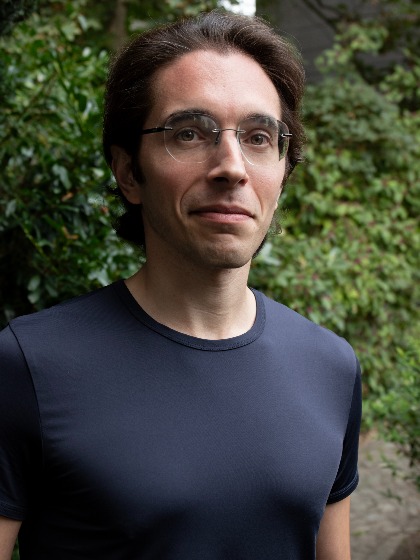That's a very inspiring reading of how ontology, theology and eschatology are deeply interconnected in the early modern period. A question I have reading this concerns the role of motion. Is motion is associated with rarefaction, and rarefaction with goodness, does this entail that God is supremely in motion (since he's supremely good)? And wouldn't this obviously contradict God's perfection? Or perhaps motion allows creates to approximate God's goodness by increasing their degree of motion-rarefaction, but then there must some discontinuity between the rarefaction-goodness achievable by creatures and that of God...perhaps the geometrical analogy and the two kinds of potentiality go in this direction?
Thanks for this really interesting blog post. I think I have one reservation about your interpretation, which revolves around what Conway is claiming when she states that “the nature of all creatures” consists in their being “in continual motion or operation” (32). This quotation comes from a discussion of the mutability of creatures towards the good, which turns out later to involve a process of becoming less ‘crass’ or ‘hard’ and more ‘subtle’ and ‘supple’, as you note. It seems to me that this kind of motion, a kind of ‘eschatological motion’(?), must be carefully distinguished from the kinds of motion she later describes as “modes of created substances, like strength, power, and force, through which motion and action can be magnified beyond what the substance itself can do” (69). You seem to have the latter in mind when providing the purported ontological motivation for Conway’s claim that there is a limit to the crassness of bodies. My worry then is that your interpretation skips between two things that Conway holds to be distinct. It seems to me that her motivation for this claim is purely theological: given that all things are created by an infinitely good being, nothing could be infinitely bad, and then, following her link between goodness/subtleness and badness/crassness, it follows that something cannot be infinitely crass. Apologies if I have misconstrued your interpretation!


Your comment